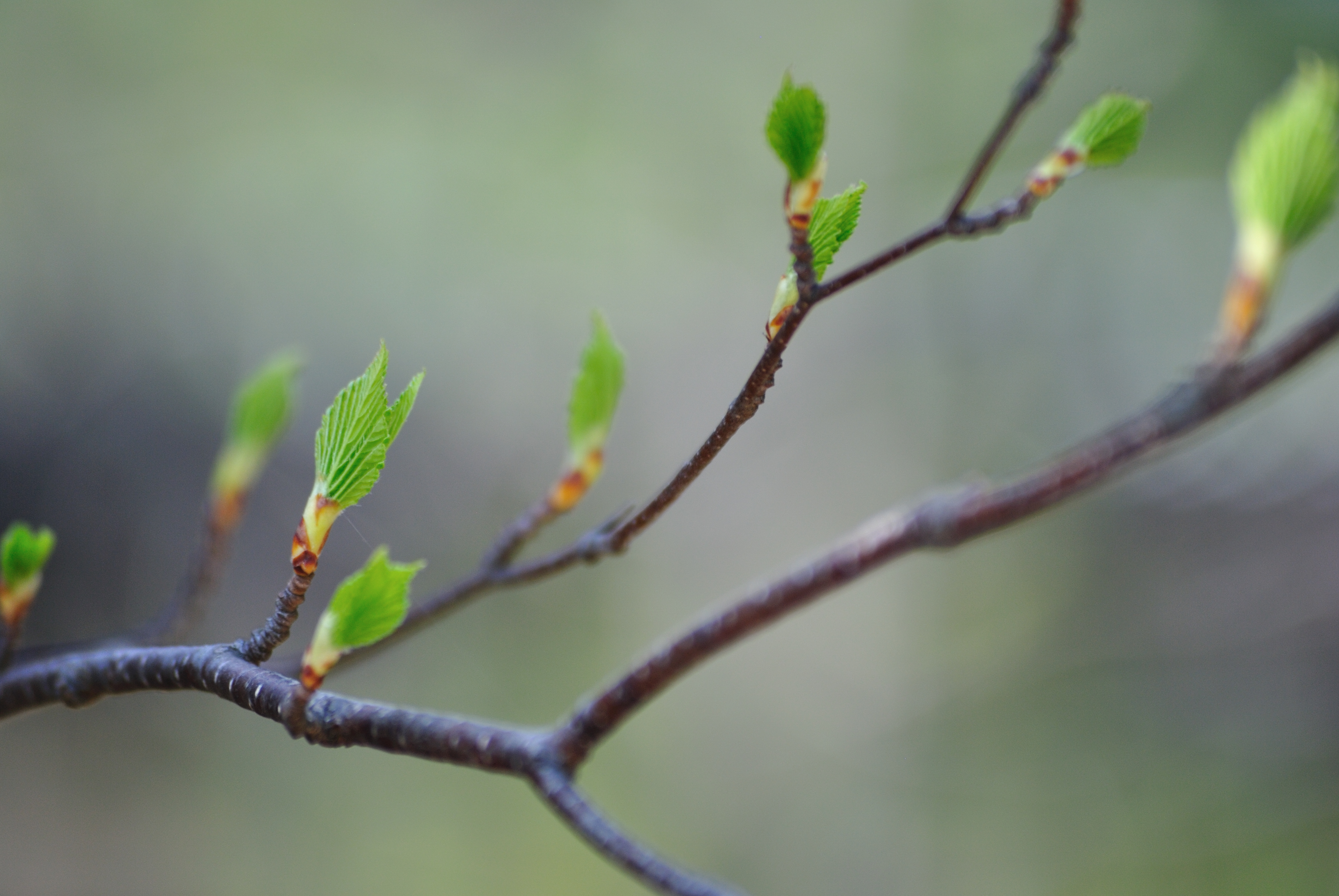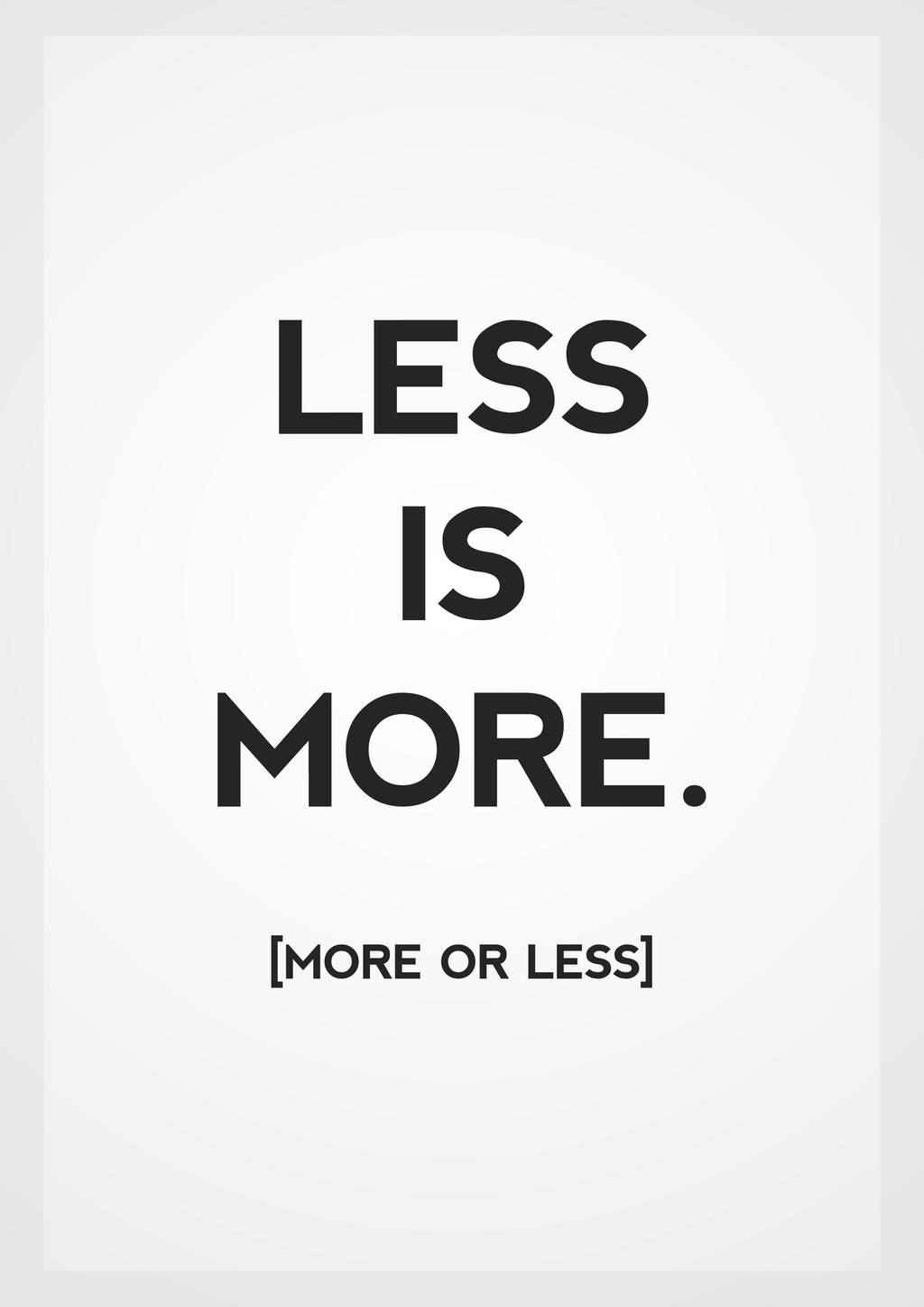 |
| Happy Birthday Babe! Photo from here. |
Today is a big birthday for my husband, so before this spins off into ruminations about my favorite subjects-- me and the jumbled contents of my own mind-- I want to say that he is a wonderful person, a fabulous husband, and that I am thankful for him every day. We were talking briefly last night about being extra grateful today, because five and a half years ago, after he had a routine physical that was part of a job interview, he (we, though he did the worst parts) had to deal with a serious diagnosis and the treatment that followed and still continues. He has been amazingly strong throughout, showing every day what a smart, grounded, sensitive person he is. Lucky for me, he also has a wicked sense of humor, because I doubt he could put up with me without it. Happy diamond anniversary of your birth, Mike. I love you today and always.
Of course, someone else's birthday always makes me think about my own, because, you know, I'm like that-- introspective, I mean, not self centered. My birthday is in about six weeks, so until then, I will be nominally twelve years younger than Mike. I'm sure this age difference will continue to be a running joke with us, especially as the number of candles on our cakes moves from being cheerful and celebratory to being a genuine fire hazard. When we get to read the Sunday Styles section of the New York Times, we read each other the Vows column, pointing out where people went to college, noting how the future partners when eerily alike, and verbally high-fiving the couple with an age difference of a decade or more: "Good for him!" and more and more often, "Good for her!"
Unless you are in your twenties, when it could still be illegal in many states, I think the idea of a much younger spouse can be very attractive. It works for us. Personally, from the time I began seriously considering boys at all, those my own age had no appeal. I always felt more comfortable with someone older. There is no sense of the word though, in which I am a "trophy wife," and even if I was, I would be more like a "Thank you for playing" plaque that kids get for participation without actual triumph. To be a real prize, I would have to weigh half as much, get surgical implants in several bodily locations and spend one hundred and fifty per cent more time exercising, and really, who are we kidding? I like to think that my comparatively youthful exuberance and my razor sharp wit make up for my physical shortcomings. So far, my husband has lovingly aided this delusion by telling me he likes me just the way I am, and pointing at beautiful skinny girls on TV, saying, "get that girl a sandwich!"
 |
It isn't that I feel that I haven't accomplished anything, but there is the nagging sensation that there is little time left to do something big. Not that I still couldn't, but now I'm so much more keenly aware of the energy and dedication it takes to leave a mark on the world that will resonate beyond the circle of friends and family. When you're young, at least when I was, it was almost impossible to gauge how difficult real accomplishment was going to be, because everything still seemed possible. The future was wide open, and looked like it would last a long time. As I begin to see more of my life in the rear view mirror, and less road ahead, I'm more daunted, more skeptical, and so much more exhausted.
Maybe that's a key though-- if I adopted one trophy wife habit, like afternoon napping, maybe I would have the energy to make that mark. I mean, look at Grandma Moses, who didn't have a real artistic career until she was in her late 70s. By then, maybe I would be considered wise, and that could be my entree to literary resonance. And even when I am an old crone, I will still be my husband's much younger wife.
Grandma Moses Yellow House, 1955, from here
Cartoon from The New Yorker, available here.















